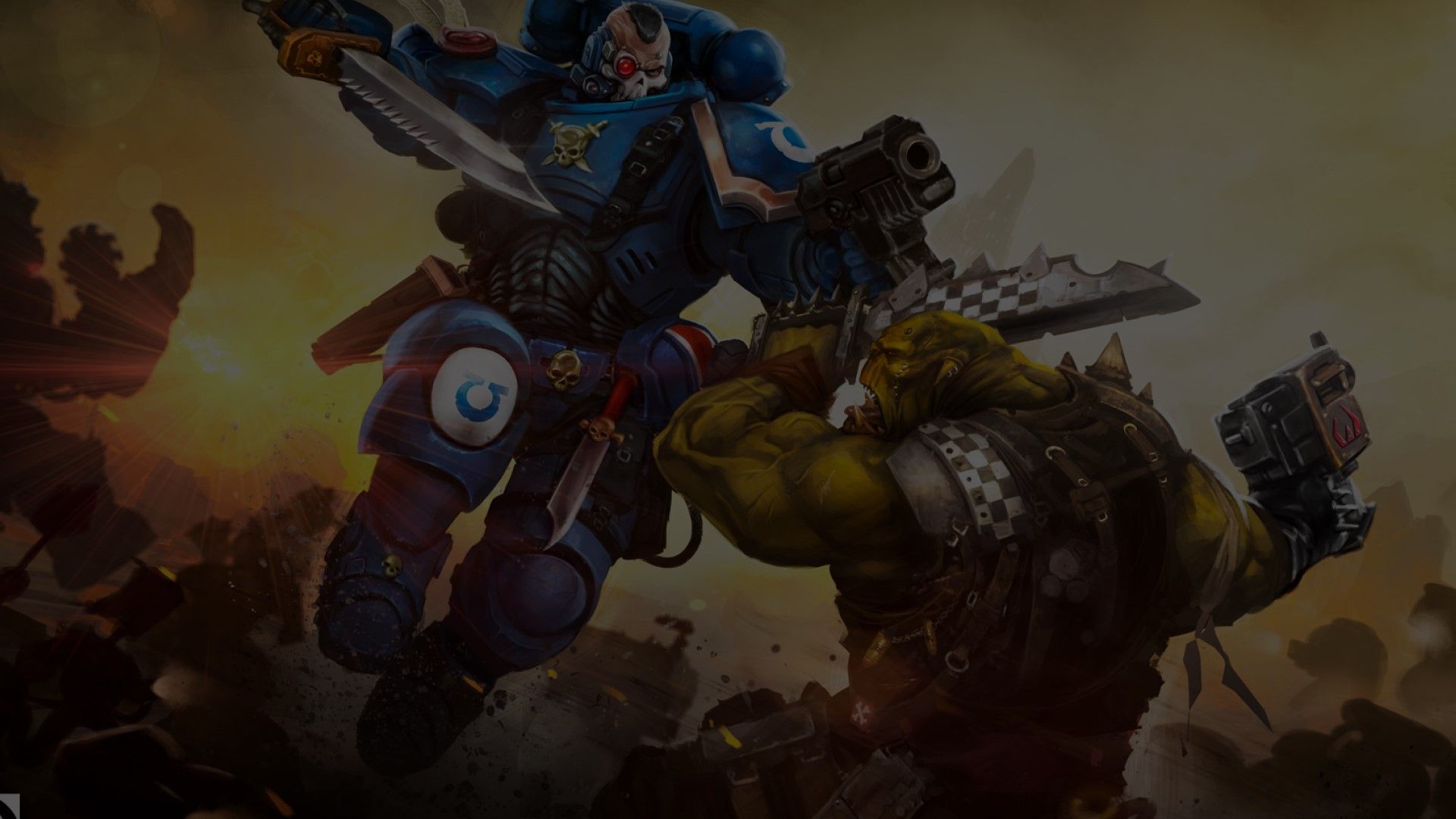
Inside Everguild's holistic multiplatform release
Championing a cross-platform release
Warhammer 40,000: Warpforge is the first effort to bring the vast Warhammer 40,000 universe into a free-to-play, cross-platform digital card game. As a small team, Everguild needed an extensible solution across the game’s lifecycle that could help them provide a seamless experience across PC and mobile. They wanted to achieve PC quality and top performance on a multitude of mobile devices.
Finding a flexible end-to-end solution to help a small team scale a multiplatform release
PC, Mac, iOS, Android
21
United Kingdom and Spain

Starting a successful partnership
In 2015, siblings Isabel and Andres Tallos were looking to build digital card games. They found funding through a video game competition with an entry that was made with Unity. They’ve never looked back.
After the success of their first game in the Warhammer universe, Horus Heresy: Legions, Everguild was tapped to build Warhammer 40,000: Warpforge.

The results
- Built multiplatform offerings from one code base
- Used Unity for both iOS and Android development, cutting engineering time in half
- Saved months on a port to PC
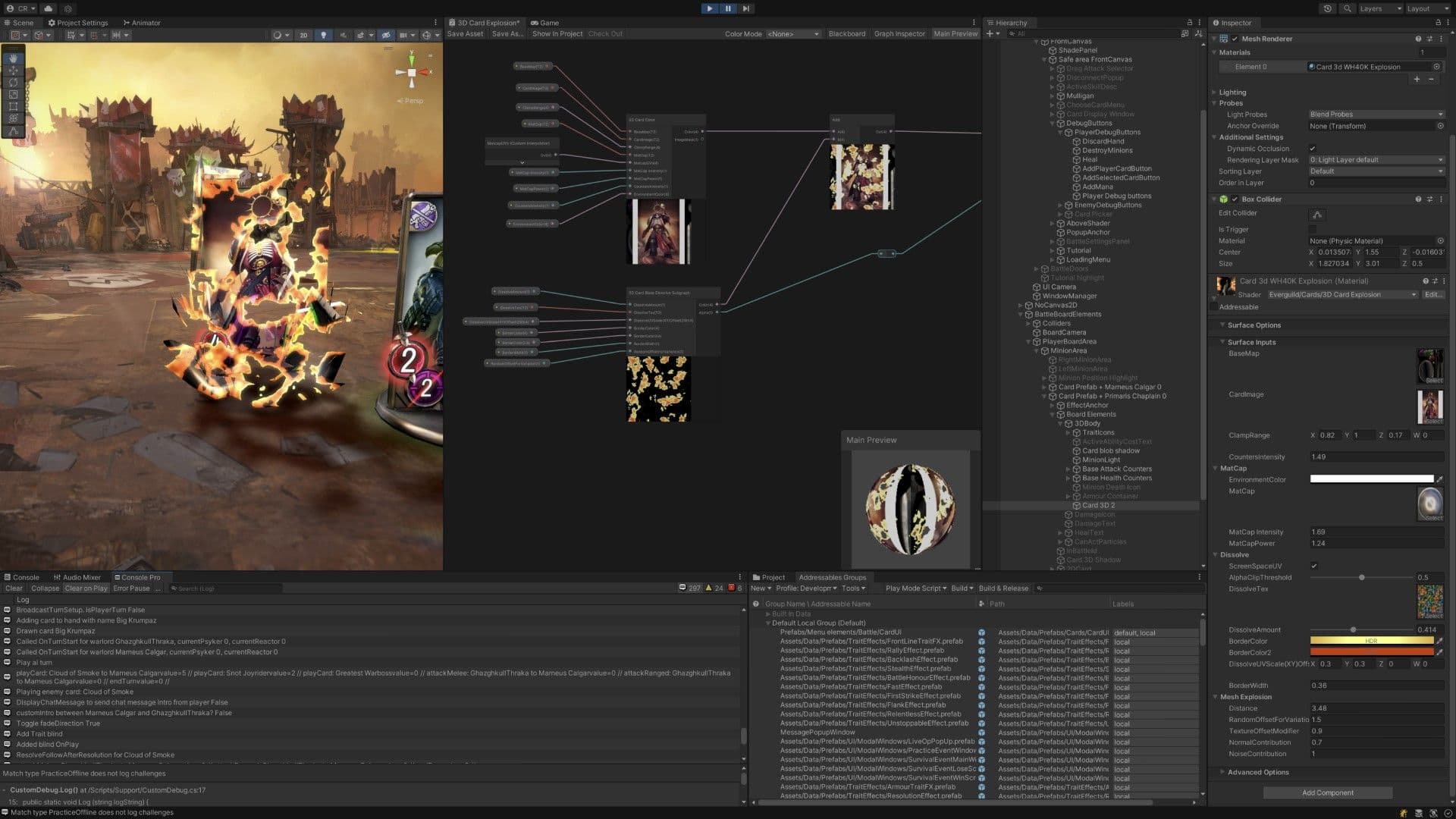
Improving workflows with Universal Render Pipeline
Everguild knew that they’d need to adapt their workflow from past releases to create new 3D content on both PC and mobile that stayed true to the Warhammer franchise’s art style.
They had an experienced graphics programmer who created a library of Shader Graph nodes and custom render features in the Universal Render Pipeline (URP). This library allowed the rest of the team, including designers and artists, to create endless variations without requiring programming support. What’'s more, all of this was accomplished with very fast performance.
“You can easily preview the shaders at each step and quickly identify where things are failing,” says game director César Ríos. “Compared to the slower process of old-style shader coding, this method provides faster results.’’

Growing toolsets with the Unity Asset Store
As a small team, they needed multiuse tools. They chose the Unity Asset Store to save time and expand their capabilities. “When prototyping, it’s valuable to pull art packages from the Asset Store to test ideas,” Tallos says. Production tools for localization and encryption have been great for them. “They are high quality and maintained by someone else, so they are big time savers.”
It’s helped them see how other developers are solving code issues. Studying the code gives insight into different techniques and ideas. Ríos explains, “I learn a lot from the Asset Store. You can look at unique asset code and then adapt it to your specific game.”
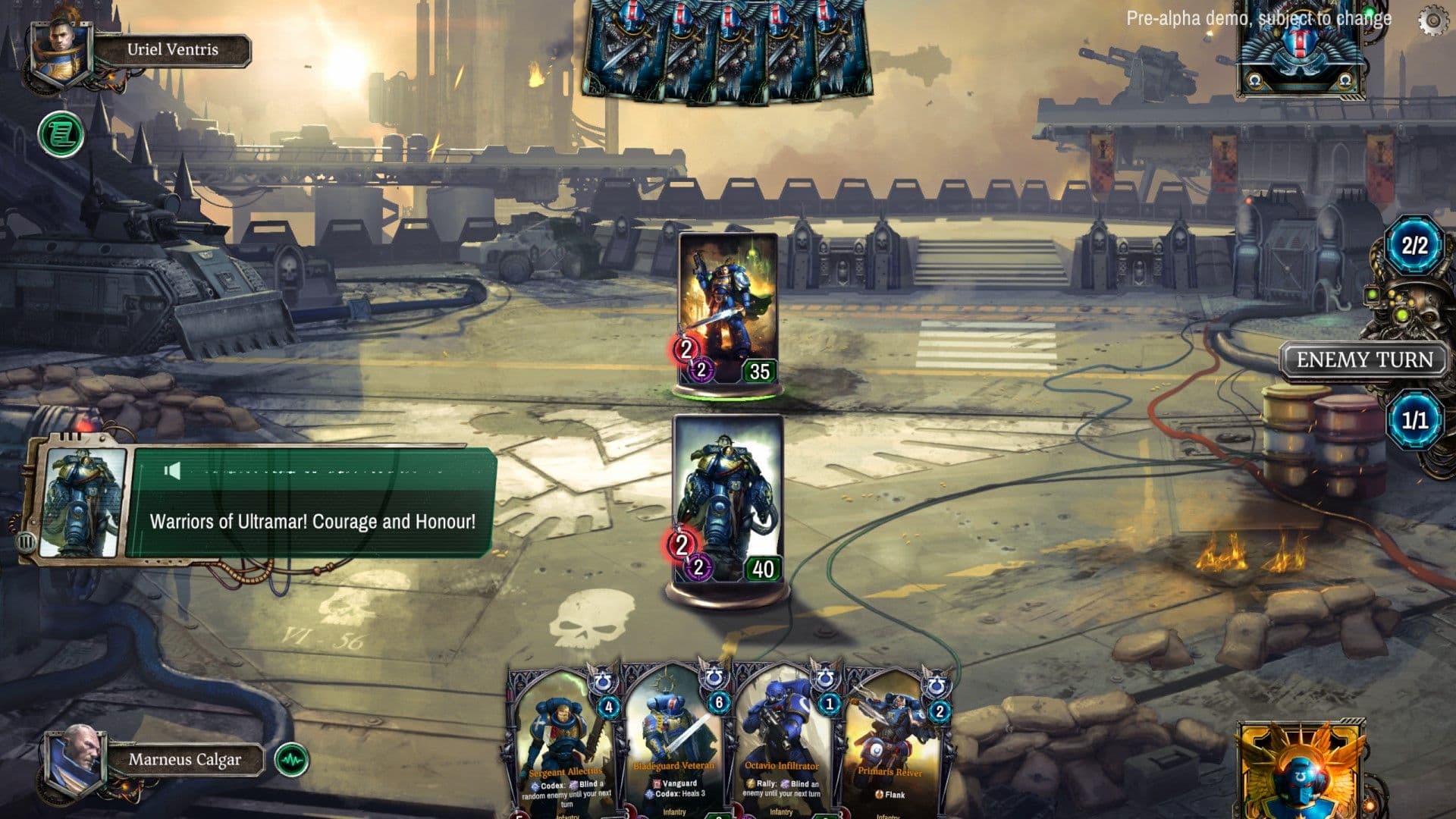
Halving engineering time across multiple platforms
Everguild needed a game engine that would help them deliver to multiple platforms and devices. Unity helped them navigate the diverse approval and release processes, monetization models, and device hardware for each platform.
Centralization was huge. Tallos says, “Using one code base for iOS and Android halved our engineering time.” It also saved them months on their port to PC, and let them ship on Mac, which wouldn’t have happened otherwise.
They also used the Unity Profiler to track allocations and performance bottlenecks, which was critical for high-volume, less-powerful devices. “You write some code and do a quick run-through in the Editor before pushing to source control,” explains Ríos.
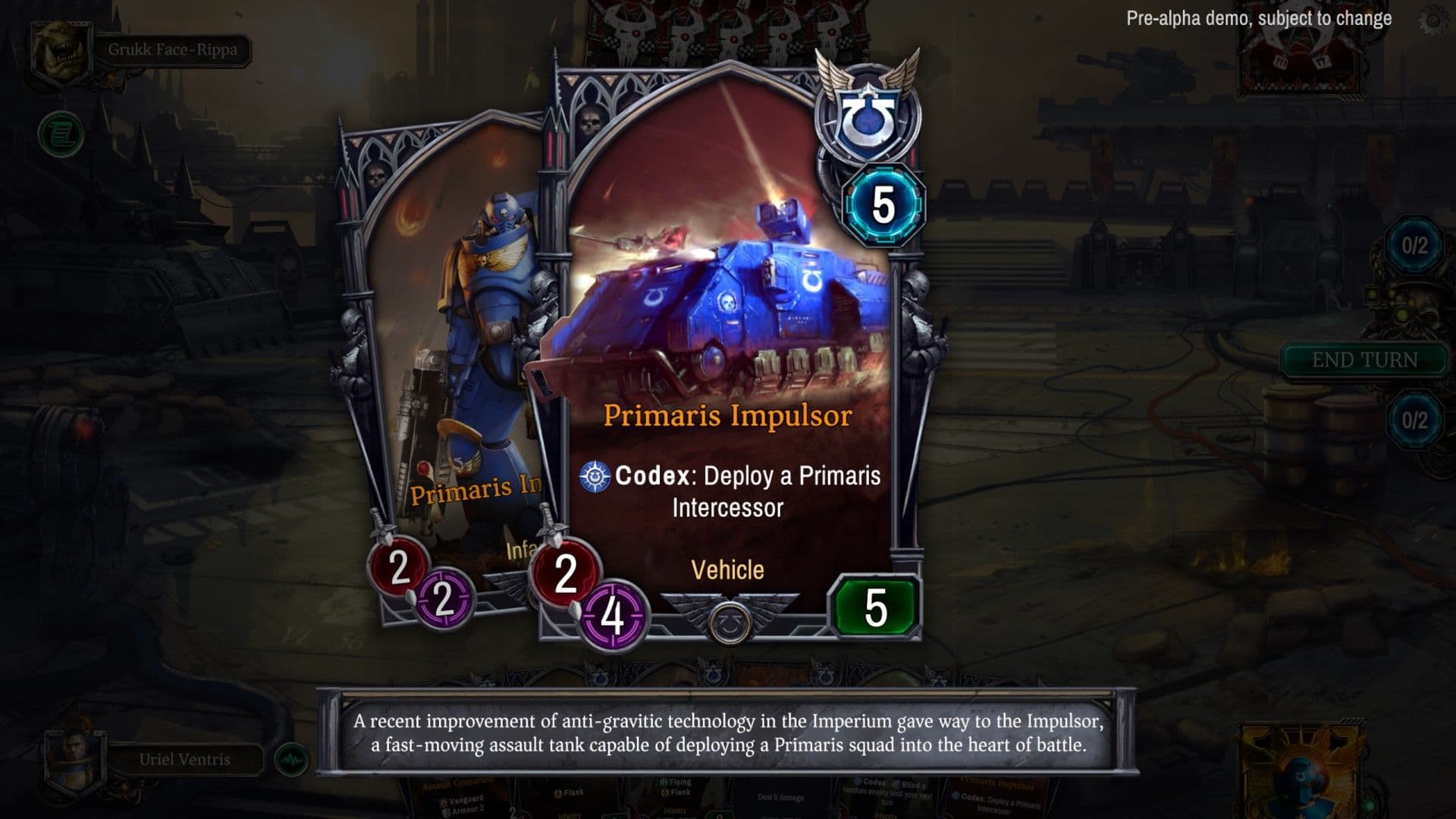
Minimizing downloads with Addressables
Live operations are crucial for Everguild. With high-quality content, they found a flexible approach to loading assets. For app stores, they include what’s needed for a tutorial and to offer a taste of the game. Richer content comes as players get more involved.
According to Tallos, “It’s key for us to release content remotely without doing a new client update. Otherwise, it would be impossible to release updates simultaneously since each platform has a different release process.”
To manage both the delivery and loading of assets, they use Unity Addressable Asset System. “With Addressables, you make small changes and upgrades without forcing people to download big updates. Having this granular control and flexibility is vital,” says Ríos.
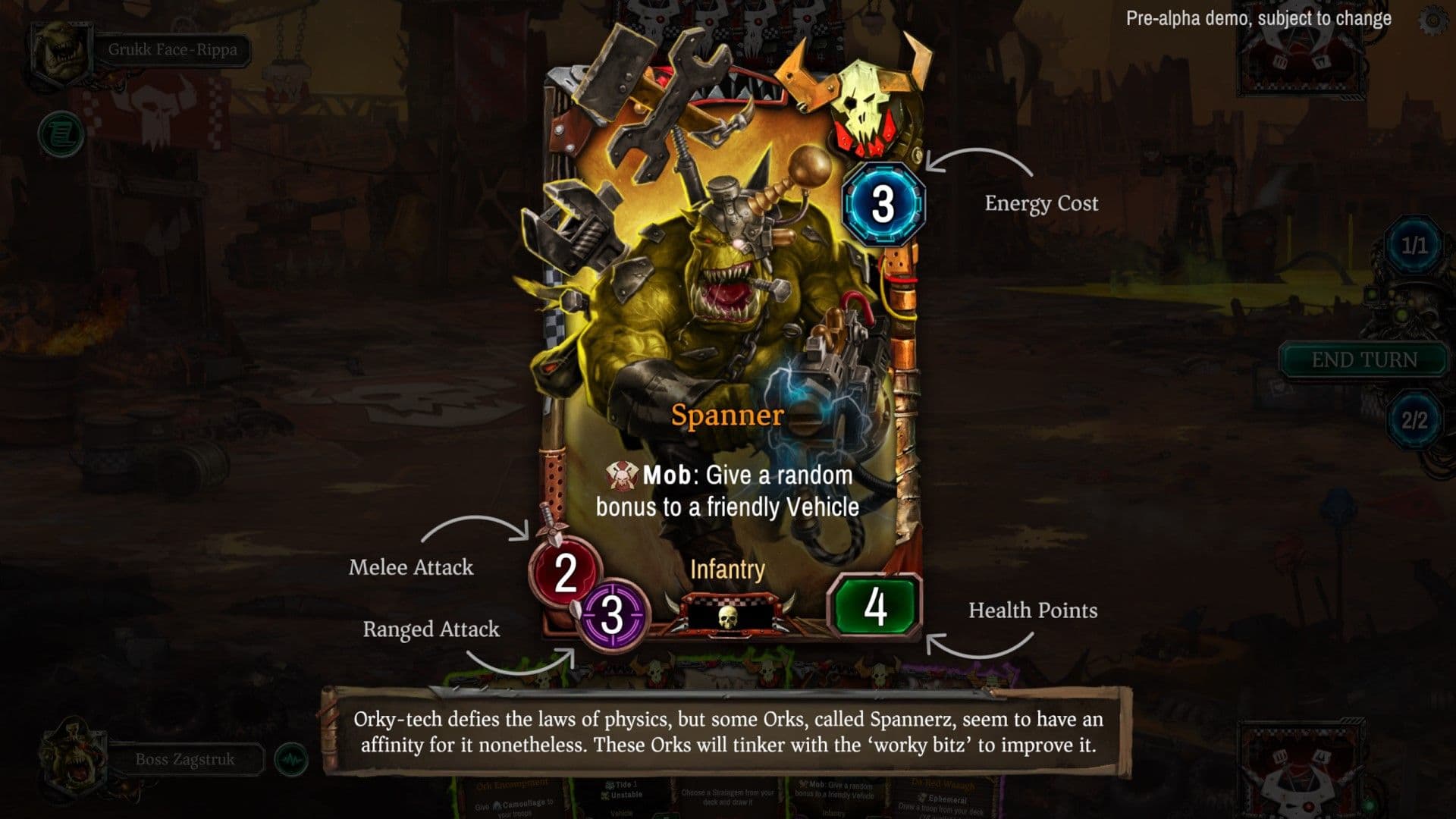
Boosting player engagement with Analytics
Player fatigue is always a concern for live games, and the team needed a LiveOps strategy that ensures a steady stream of fresh content for players. They update in-app purchase deals daily and release new content weekly such as skins. “We design timed events like draft modes with a different cadence, and then mix it up with a big update,” says Ríos.
Without dedicated data analysts, they rely on analytics solutions from Unity: “We spend time working on the right query to answer our questions, then add the query to our dashboard and get email alerts regularly.” They use Unity Analytics to cross-check the data and verify it’s getting the right input. Analytics are paramount for the team, and checking the number of DAUs and spend has proven to be very valuable.
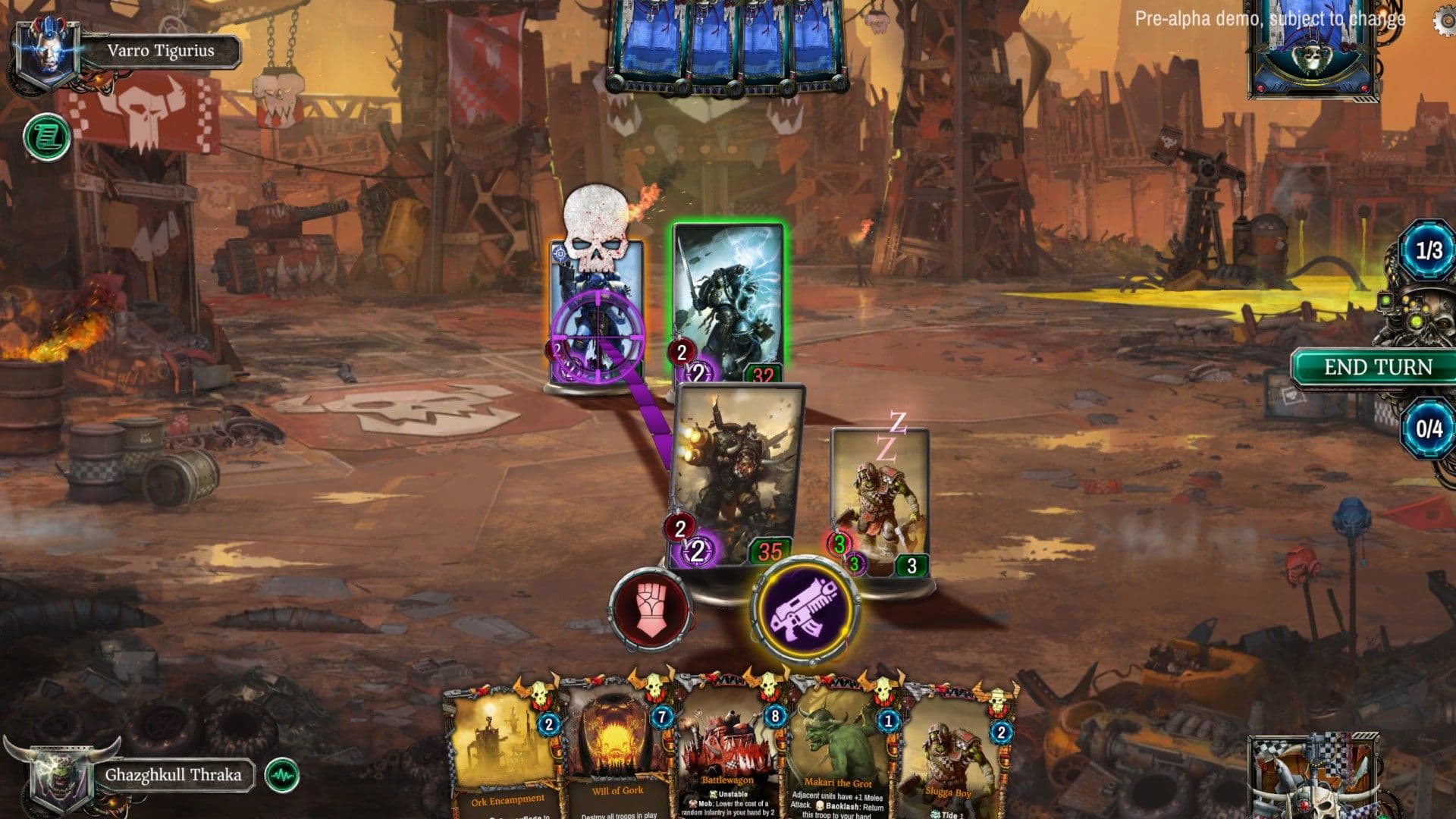
Winning the battle
Warpforge affords Everguild another opportunity to expand its relationship with millions of Warhammer fans. With this ambitious game, they set out to dominate a multiplatform release, and team size, content quality, and LiveOps requirements necessitated an end-to-end adaptability from their partners.
Tallos says, “Unity made it easy, and provided us with many solutions from the beginning through LiveOps strategies. We’re shipping to multiple markets, and extra platforms that wouldn’t have been possible without the engine.”
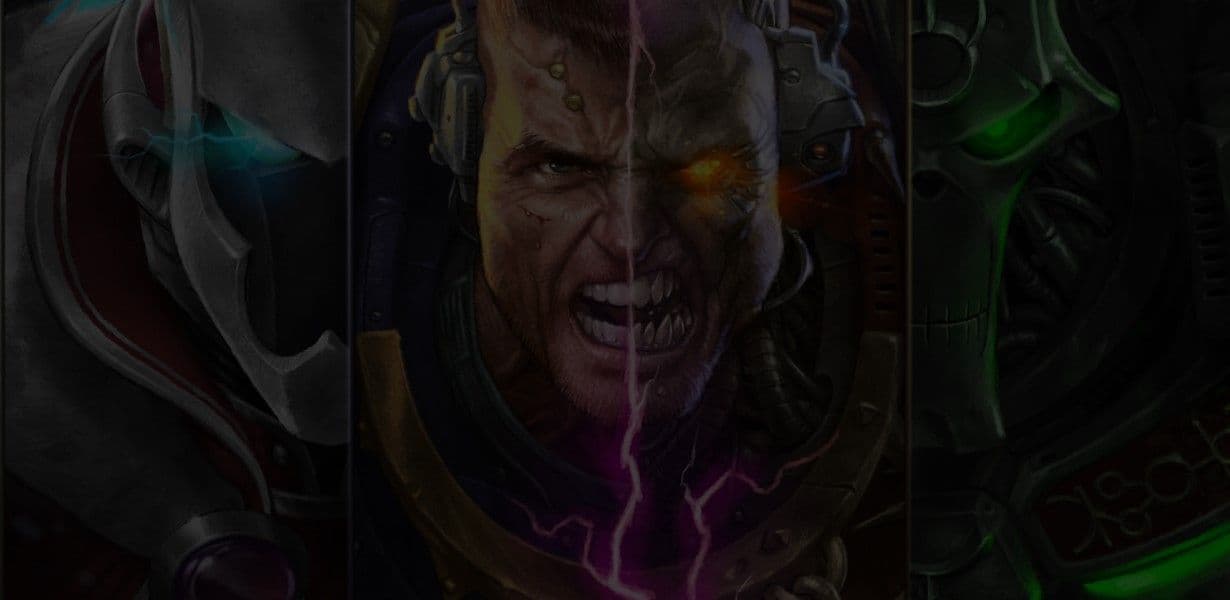
Reach a wider audience and feel confident that your game is ready for the future, no matter how the industry evolves or where your imagination takes you. Create content once and deploy it on more than 20 platforms to captivate players across formats.

